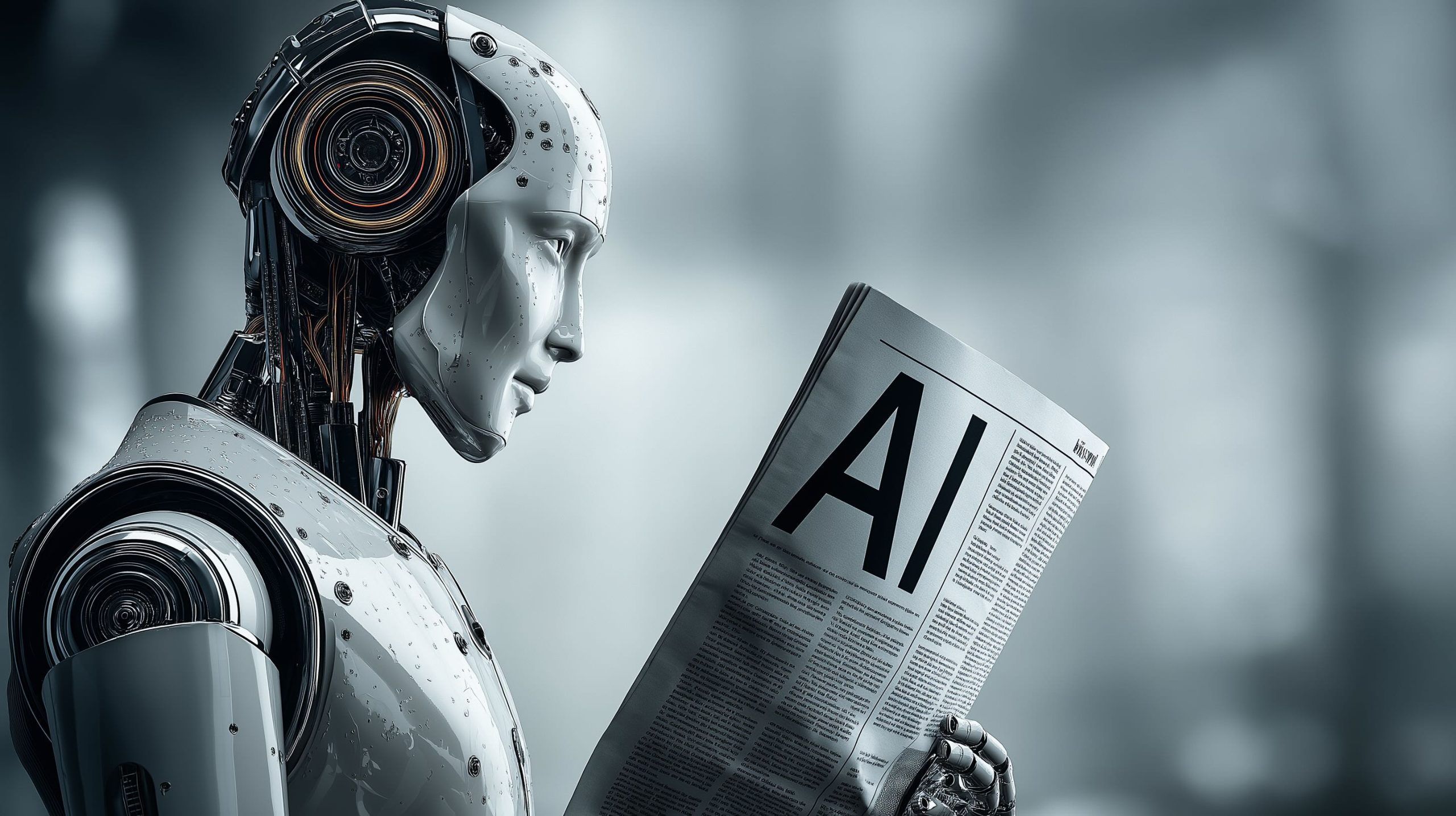
The State of Artificial Intelligence: Global Impacts, Controversies, and the Road Ahead / Updated: 2025, July 4th, 12:01 CET
Over 45 major European firms—including ASML, Airbus, Mercedes-Benz, and Siemens Energy—urged the EU to delay the AI Act by two years to protect innovation. AI engineers now command $2–10 million per year, as Meta commits up to $72 billion to
